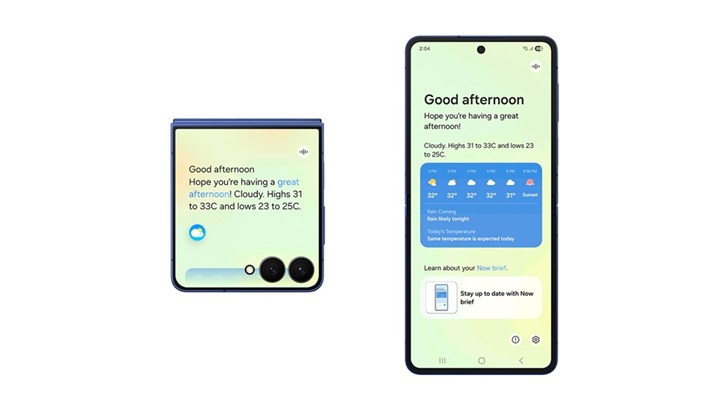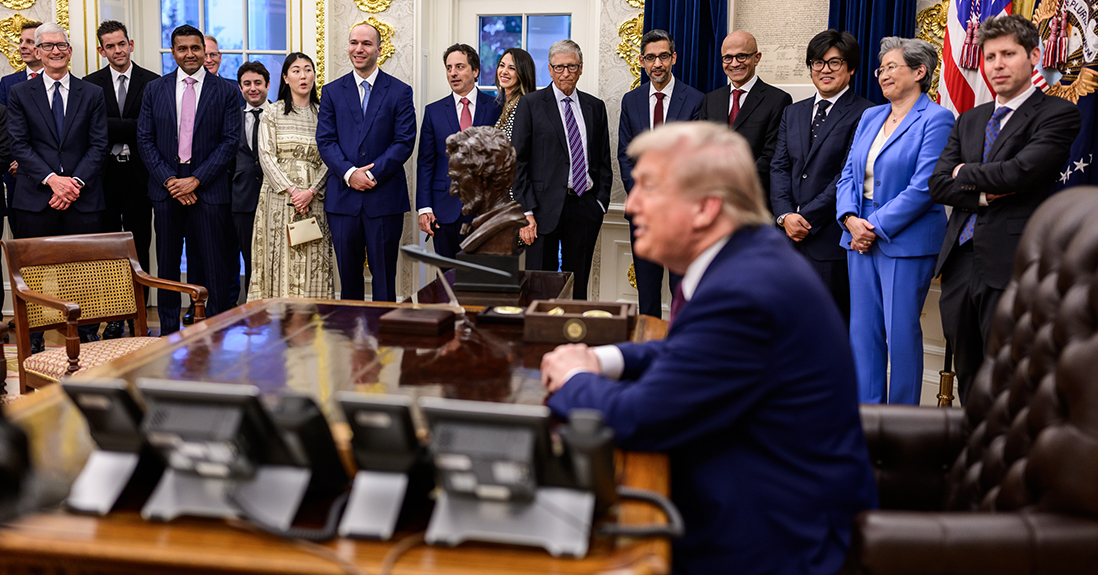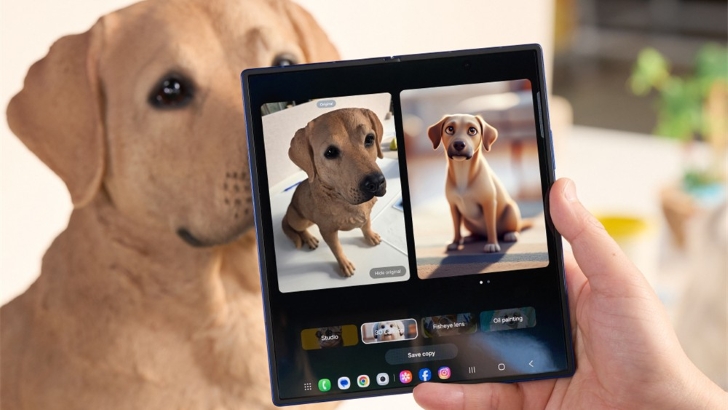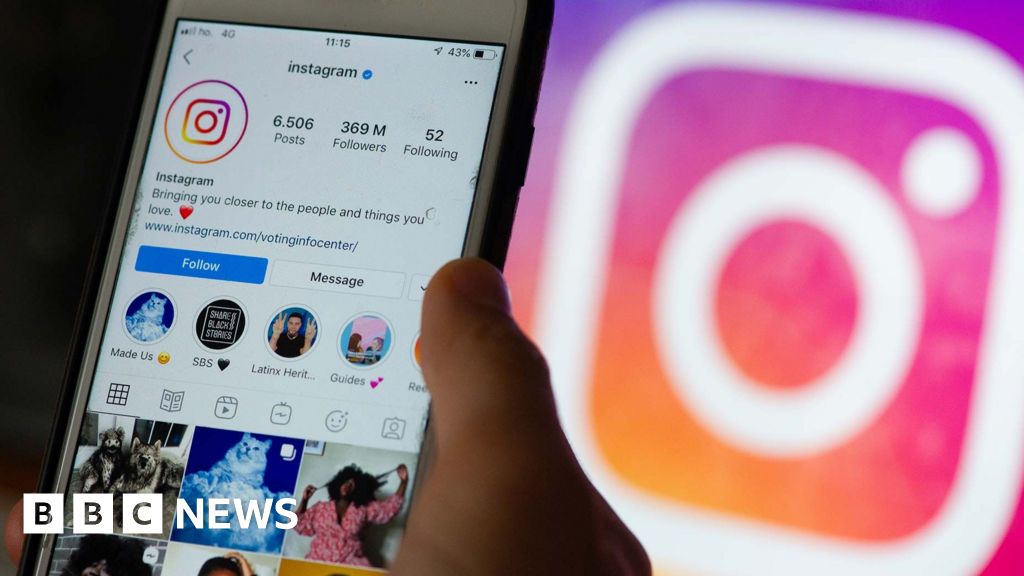Samsung One UI 8: The Democratization of AI

Introduction
Samsung has recently announced the official rollout of One UI 8 to their Galaxy devices, marking another milestone in the democratization of AI. With this update, more users will have access to advanced and personalized AI technologies in their daily lives, bringing them one step closer to the future of technology.
Key Details
One UI 8 brings a host of new features and improvements, including a more intuitive and seamless user interface, enhanced AI capabilities, and improved customization options. For example, the new AI-powered camera can automatically adjust settings and filters based on the scene and subject, making it easier for users to capture the perfect shot. Additionally, the enhanced AI assistant can now understand and respond to natural language, making it more convenient and user-friendly.
Impact
This update is a major step towards AI democratization, as it brings advanced technology to the hands of everyday users. With AI becoming more integrated into our daily lives, we can expect to see significant improvements in efficiency, convenience, and personalization. The possibilities of AI are endless, and Samsung's One UI 8 is just the beginning of a more connected and intelligent future.
About the Organizations Mentioned
Samsung
Samsung is a global technology powerhouse specializing in consumer electronics, semiconductors, and IT services. Founded in 1938 as a trading company, Samsung entered the electronics industry in 1969, initially producing black-and-white televisions. Over the ensuing decades, it expanded rapidly into semiconductors, telecommunications, and advanced technologies, establishing itself as a leader in innovation and manufacturing[5]. Today, Samsung Electronics, the flagship subsidiary, produces a wide range of products, including smartphones, TVs, refrigerators, memory chips (DRAM, NAND flash), mobile processors, OLED panels, and automotive electronics through its Harman division[3][7]. The company is renowned for its Galaxy smartphone series, including foldables and flagship models, maintaining strong market share by integrating AI capabilities across devices and expanding its ecosystem with new form factors like extended reality (XR) and TriFold devices[1][4]. Samsung consistently ranks among the world’s most valuable brands, holding 5th place globally for six consecutive years with a brand value of $90.5 billion in 2025. This recognition reflects its leadership in AI innovation, customer experience integration, and strategic investments in AI-related semiconductors[1]. The company aims to make AI accessible to 400 million Galaxy devices within the year, emphasizing democratization of AI technology[1]. Financially, Samsung Electronics reported consolidated sales of approximately 86 trillion Korean won and an operating profit of around 12.1 trillion won for Q3 2025, showcasing robust profitability despite market challenges[2]. The Mobile eXperience segment notably increased revenue and profit through efficient resource management and a flagship-first sales strategy[4]. Samsung also prioritizes sustainability, targeting net zero Scope 1 and 2 emissions by 2030, increasing renewable energy use to 93.4% in key divisions, and incorporating recycled materials into 31% of plastic components as of 2024. It runs global e-waste collection programs to promote circular econom


















